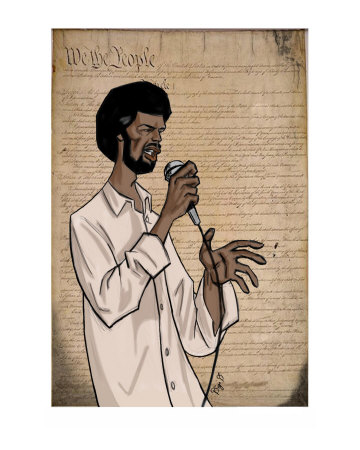Dublin’s Architect, The Epic spectacular day:
I have Just have put down the Proteus chapter of Ulysses and am in a contemplative sort of mood that I had hoped and anticipated for this evening. I will cease to write in stream of thought; I am not a master of the literary arts like Joyce—I require grammar for people to read me and sometimes take me seriously. For those who are reading this I would like to note that I am not a James Joyce scholar so take this all for face value. I have read Dubliners, A Portrait, and thus far in Ulysses, so take this opinion as a novice writing about the mastery of Joyce.
The first line of the Proteus chapter that Dr. Sexson eloquently quoted this morning is as goes: “INELUCTABLE MODALITY OF THE VISIBLE: AT LEAST IF NO more, thought through my eyes. Signatures of all things I am here to read, seaspawn and seawrack, the nearing tide, that rusty boot”. The relevance of this quote to the question of orality and myth might not be at first very apparent, but thinking of the definition of the first words a bit more certainly helps: Ineluctable: not to be avoided changed or resisted, and Modality: the most frequent value of set culture. So from the perspective of Stephan Daedlus (Joyce’s alter ego) the reader has the expansive vision of a poet walking through Dublin—recreating it with an embellished stream of thought. Stephan’s wondering through Dublin work on many levels that relate to our class. firstly: I am of the belief that although the technology of writing has it’s fallacy’s: namely the loss of memory, the ability of people to control others worldview’s, and the praise of human society versus the earth via the agricultural revolution, I do strongly advocate Ong when he states that “Literacy…is absolutely necessary for the development not only of science but also of history, philosophy, explicative understanding of literature and any art”. Secondly: this form of writing is certainly not free of literacy, yet it is modeled as a free flowing narrative that Ong deems, “unlike human languages in that they do not grow out of the unconscious but directly out of the conscious. (So is Ulysses an extremely true novel then) yes and no. I have heard, that Joyce said that on the day Ulysses takes place, all of Dublin is captured in a vibrant picture frame that re-lives itself every time it is read. Kind of like that film ground hogs day—which brings me to some of my last points; the quote I read to the class in my shy reluctance is as follows: “And the ancient memories were trained by an art which reflected the art and ancient architecture of the ancient world, which could depend on faculties of intense visual memorization which we have lost.” To counter this point I say Joyce has memorized Dublin so well with lines such “His shadow lay over the rocks as he bent, ending. Why not endless till the farthest star darkly they are behind this light darkness shining in brightness” that he not only embodied Dublin visually in his narrative, he is essential to modern Dublin and the spirit of the Irish.
How Joyce was able to complete this monumental task of human architecture is through his blatant disembodiment of the church, and the recreation of myth from his perspective. Sean Kane explains to the reader that all practical knowledge in a culture is taught through myth, and it’s relevance to culture in question. I have stated in an earlier blog that we as contemporizes live myth weather conscious of it or not; James Joyce had the rare ability to recreate and construct it to his own liking—thus creating mental a unique sense of freedom. Kane also explains that myth is interrelating, all encompassing, “for the knowledge of pattern is the beginning of every practical wisdom”. James Joyce with his versatile and innovative style as writer was not only able to display his love of philology and myth through this chapter and all of his prominent novels, he is also able to reinvent the myth, become part of the myth, and change readers minds in ways that they are not sure of yet, for “the whole world seems alive with relation we cannot see, except as they make their presence felt in other relationships we can see (Kane)”. So as far as James Joyce’s relevance in a class on Orality—it is completely relevant—as are most things.
